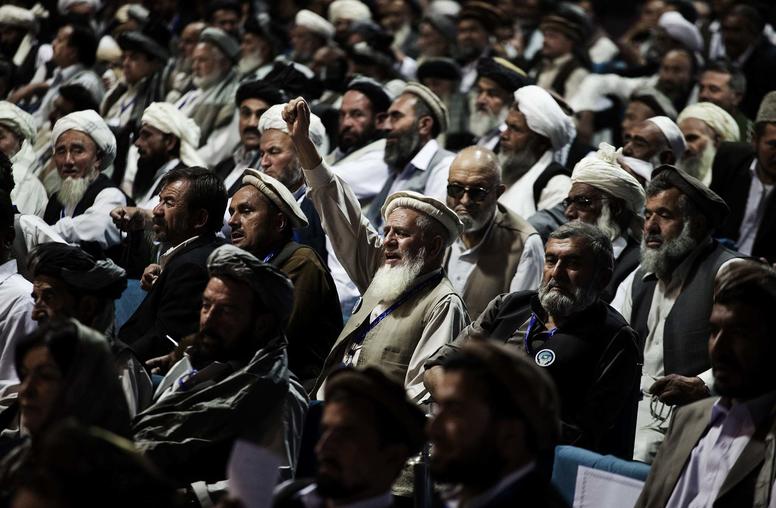
Afghanistan is now in a new phase of its decades-long, elusive effort to achieve peace and stability. The Taliban’s takeover ended the war associated with their insurgency, but the country’s underlying drivers of conflict remain unresolved. The Taliban’s nascent government has marginalized ethnic and political groups outside of its own core membership, excluded women from politics and the public sphere, alienated the country’s largest foreign donors, committed war atrocities, and continues to harbor international terrorist groups. Violent resistance has percolated across the country, with ousted former military leaders, ethnic militia commanders, and extremist groups like the local branch of the Islamic State all keen to contest the Taliban’s authority.
Supporting sustainable peace in Afghanistan remains a key priority of the USIP Afghanistan program. Our goal is to encourage efforts to help Afghans establish representative political structures that bring an end to over four decades of violent conflict; protect human rights; and improve access to basic services. Achieving a stable peace also has clear national security benefits for the United States. Greater stability leads to fewer safe havens that terrorists can use to plan and organize attacks.
As the United States negotiated the Doha Agreement, USIP commissioned research on five key categories of issues that have been heavily contested over the past decades of conflict and will need to be addressed for Afghanistan to achieve a sustainable peace:
- Governance and Politics
- Rights and Justice
- Security Challenges
- Taliban: Organization, Ideology, and Dynamics
- International Engagement
These factors are common keys to success or failure in other post-conflict and fragile states, and some comparative lessons can be drawn, but each has unique attributes in the Afghan context. The resources on each page are offered to Afghans and others with an interest in Afghanistan to help facilitate positive political and civic discourse and a peaceful future.







